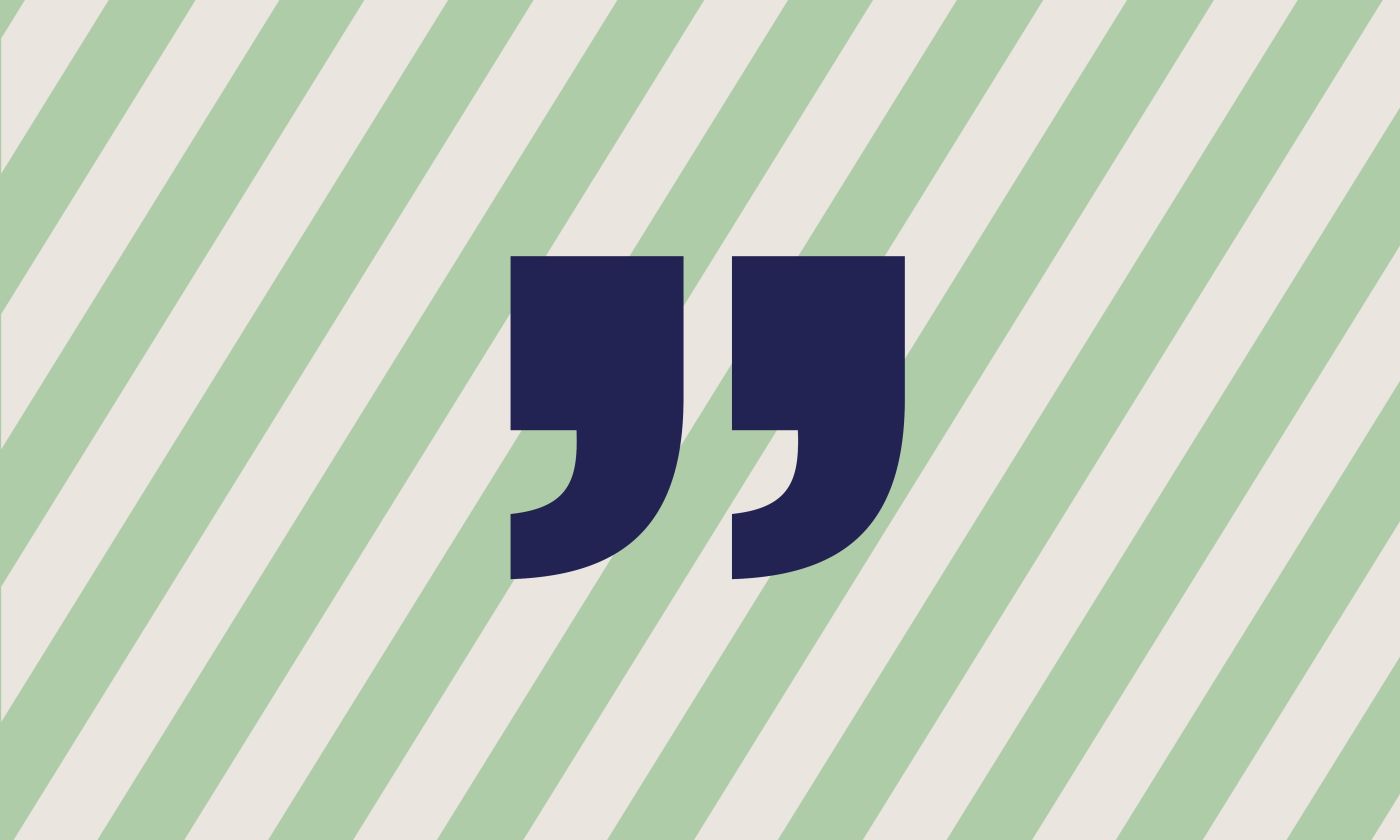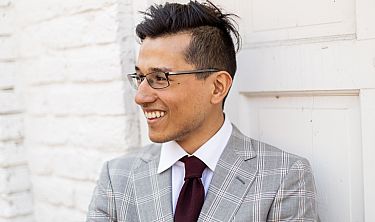Independents know how to communicate — that’s our job. At the same time, I’ve seen otherwise smart, capable candidates with plenty of experience under their belts say just the wrong thing in a job interview — and that can turn off an interviewer quickly.
Your interviewer will be paying careful attention to what you say and don’t say in an interview, so knowing what to avoid is important. Hone your storytelling skills to communicate clearly and confidently. Here are a few things you should never say in an interview.
1. Anything Imprecise
Get specific. Instead of focusing on your general contributions to past teams, pinpoint your individual role and the influence you had on projects. Give the interviewer a clear idea of where you could fit in at their company.
Use the STAR method to talk about your accomplishments by focusing on a Situation, the Task you needed to complete, the Action you took and the Result you achieved. Describe your specific goals and how you moved the needle. Avoid using jargon, and practice talking about your accomplishments so you can concisely get the point across without finding yourself babbling about irrelevant details.
2. Negative Feelings or Actions
It’s important to keep the tone neutral to positive when talking about everything in your past jobs: people, tasks, employers, everything. Talking about how you didn’t get along with company leadership or often disagreed with a particular manager can be a warning sign to an interviewer that you’re hard to work with.
I’ve also heard candidates say they don’t like to go outside their roles or they aren’t interested in being flexible for new opportunities. This is a no-go for consultants, who are sometimes put into roles that aren’t clearly defined. You need to show that you can roll with it, even if it wasn’t in the project description. Be prepared to talk about your transferrable skills, even if you have a narrow specialty.
Having said that, I do always ask what candidates loved and didn’t love about their past role. How they answer the latter is important: I’m looking to see whether they did what was expected and learned from it, even if they didn’t want it to be their primary focus. Instead of saying, “I hate analytics and don’t want to do it again,” look for ways to be less negative and still honest: “I’m comfortable leveraging the data to make decisions; I don’t love creating spreadsheets or doing the data mining.”
3. That You Have a Lack of Curiosity
No matter what role you’re in, you’ll need to learn new things you know nothing about. You’ll have to call upon secondary skills to support your primary skills. Freelancers know this well! You’ll have to get uncomfortable. In every interview, I’m looking for a genuine sense of curiosity. Some of the ways you can show that include talking about:
- A time you tried something that had never been done before, and you were excited about it.
- When you were thrown into an unexpected role but accomplished something notable.
- Your openness to multiple kinds of opportunities.
- A time when you learned something new from a routine task.
4. Anything Unprofessional
Freelancers who disclose confidential information about past employers are bad news. This may include dollar amounts in your metrics, innovation plans, product strategies, brand names in certain situations and so on. Especially as a freelancer, organizations need to be able to rely on your trustworthiness. If you divulge past clients’ sensitive information, interviewers will assume you’ll do it to them as well.
Finally, don’t ever show up to an interview without doing your homework about the client. I always ask people at the beginning of the interview what they know about us and how they heard about us. A bad answer is, “I looked at your website and it looks like you do marketing” or “I found you online and I heard good things about you.” I need more than that — what have you heard? What roles or topics areas did you see that you’re interested in? What about the company culture or the work they do stood out to you? Say something specific — anything else just shows a lack of preparation.





